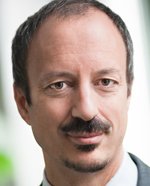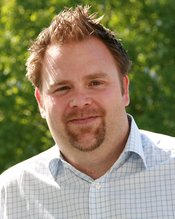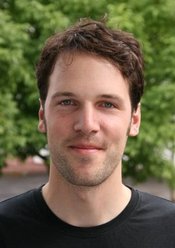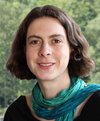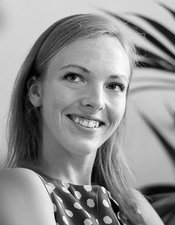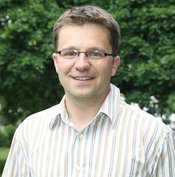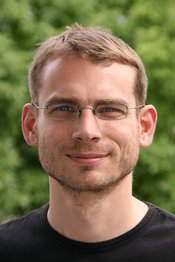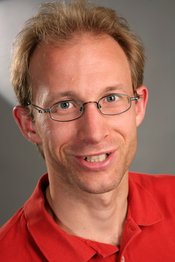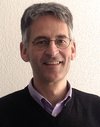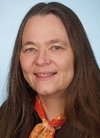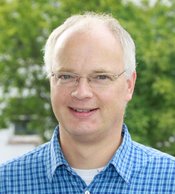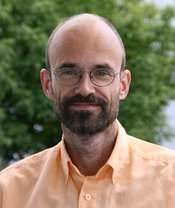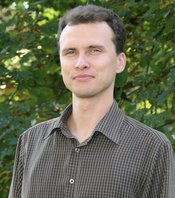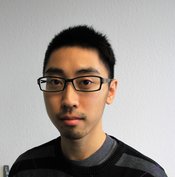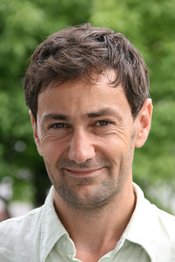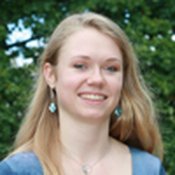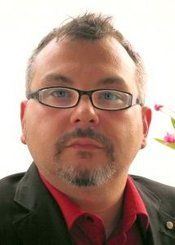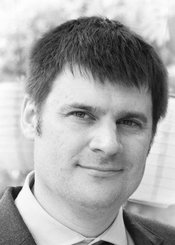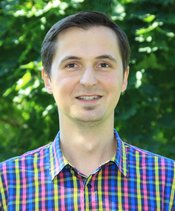Plenary
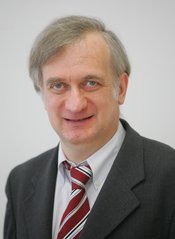
|
Wolfgang Feist Dr. Wolfgang Feist, a physicist by training, is the founder and director of the Passive House Institute (PHI), an independent research institute founded in 1996 in Darmstadt, Germany. He has dedicated his career to the development of solutions for energy efficient buildings and increasing industry capacity worldwide through the Passive House Standard. Having researched at Tübingen, Kassel und Lund University since 1973, Feist was responsible for the planning and construction of the first Passive House building in 1991, which almost 25 years later still performs as initially designed. Since 2008, Dr. Feist also acts as a professor of building physics at the University of Innsbruck, where he has worked within the department of Energy Efficient Construction since 2008 to spur development in the region of Tyrol, Austria.
|
|
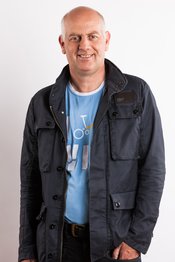
|
Christoph Chorherr Christoph Chorherr is a postgraduate economist and politician (Green Party) and is working as a municipal council of the city of Vienna. After studying at the Vienna University of Economics and Business and majoring in economics with a focus on environmental economics, he became an associate lecturer in 1987. In the early 1990s he led a company and engaged in the realization of low-energy houses. In his political career, he served as city councillor of the Green Party in Vienna, as Federal spokesperson of the Austrian Green Party and since 1997 as Municipal Council and member of the Landtag, where he also contributed to the realization of passive house villages. In his work he mainly deals with the issues of energy policy, mobility and sustainable building.
|
|
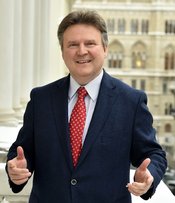 Credit: PID/Jobst Credit: PID/Jobst
|
Michael Ludwig Dr. Michael Ludwig is a politician (SPÖ) and Executive City Councillor for Housing, Housing Construction and Urban Renewal in Vienna. After studying Political Science and History at the University of Vienna, his work was focused on the issue of education and he was thus given the position of pedagogical director of an adult education centre. In 1991, he became the Landesstellenleiter of the Dr. Karl-Renner-Institute in Vienna as well as the state secretary of the SPÖ Vienna. Before being deputy major of the city of Vienna from 2009 to 2010, he served as a member of the Vienna City Council and of Parliament (1999-2007) and was part of the Bundesrat. His aim is to improve the quality of living and housing in Vienna, which he pursues by initiating the Viennese “Stadterneuerungsprogramm” (urban renewal program”). This program promotes the renovation of residential buildings in order to increase social sustainability. |
|
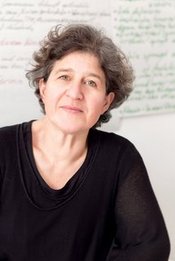 Credit: www.pos-architecture.com Credit: www.pos-architecture.com
|
Ursula Schneider Since 1984, Ursula Schneidert has focused her career on ecological, solar and sustainable building technology. With the founding of pos architekten ZT-KG she focused on building research and consulting with a special interest in Passive House, Daylight architecture, plus-energy standard, carbon-neutral building technologies and recycling. Since 2011, she she has been nominated in the area of sustainability at the Architects Council of Europe and since 2013 on the executive board of the Austrian Society for Sustainable real estate management. She is also currently lecturing at the Fachhochschule Technikum Wien and has been a member of the federal division of the Federal Chamber of Architect and Engineer Consultants.
|
|
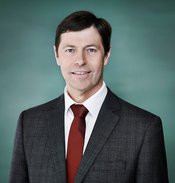 Credit: BMLFUW/Alexander Haiden Credit: BMLFUW/Alexander Haiden
|
Günter Liebel Günter Liebel has been responsible for environmental protection and climate protection since 2006 for the Globalbudget "Allgemeine Umweltschutzpolitik" (General environmental protection policy). This includes the Departments of Energy and Economic Policy, Sustainability and International Environmental Affairs. Günter Liebel studied landscape ecology and landscaping in Vienna and Ohio, then worked as a landscape architect before becoming a senior associate at the Environmental Bureau in 1985. Günter Liebel has been working at BMLFUW since 1996.
|
|
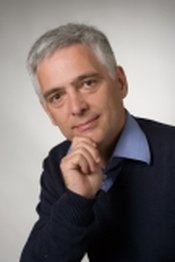
|
Michael Paula Michael Paula studied mechanical engineering at the Technical University of Vienna. Since 1986, he has been working in public administration with a focus on energy research, environmental technologies and strategies for sustainable development.
|
|
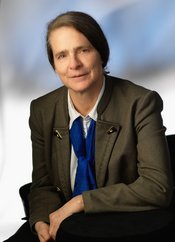
|
Helga Kromp-Kolb Helga Kromp-Kolb studied meteorology at the University of Vienna and completed her PhD in 1971. She worked as a research assistant at the University of Vienna and in 1982, she habilitated in the topic of environmental meteorology. She worked as a senior executive at the ZAMG, before working as an associate professor at the San José State University. She was a lecturer at the University of Vienna and led the department of environmental meteorology from 1986-1995. In 1995 she became a tenured professor for the Insitute of Meteorology at the Univesity of Natural Resources and Life Sciences in Vienna. She still holds classes at the Univerity of Vienna. Helga Kromp-Kolb became famous for her research and engagement in the topic of global climate change.
|
|
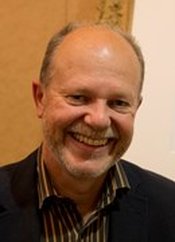
|
Günter Lang Günter Lang completed the first certified Passive House in 1999. He has been running his company, LANG consulting, since 2001. From the very beginning, Lang’s focus has been on the growth and development of Passive House, energy efficiency and a sustainable future. In the process, he has been involved a broad rang of theoretical research and pioneering demonstration projects. To spread the findings rapidly and extensively, Günter Lang is a speaker on the subject of Passive House buildings at numerous international conferences and technical meetings. In 2002, he founded the first Passive House network in Austria and since 2013 he has been managing Passivhaus Austria on behalf of the Passive House Institute. As an active member of the International Passive House Association (iPHA), he contributes to the global network of Passive House stakeholders to further the development of the Passive House Standard.
|
|
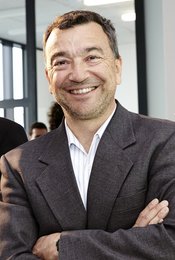
|
Günther Jedlicka Mr. Günther Jedliczka was born on November 22, 1966 and studied business and economics at the University of Economics and Business in Vienna. While pursuing his studies he spent two months in London and one month in Paris which helped honing his language skills and his personal growth. After successfully completing his university education, he then went on to gain experience as a counselor for deaf-and-blind people while doing civilian service. Afterwards, he started achieving professional experience while working in a private company for about 10 months before starting his career at the OeAD. He became the CEO of the OeAD-Housing Office in 1998. Back in 1999 Ernst Ulrich von Weizsäcker’s book “factor4” served as inspiration to construct a passive house. He also visited the first newly built passive student residence – the OeAD-Guesthouse in Molkereistrasse – in 2005.
|
|
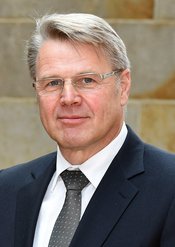 Credit: DBU/Peter Himsel Credit: DBU/Peter Himsel
|
Heinrich Bottermann Dr. Heinrich Bottermann worked from 1985 to 1990 as a veterinarian in the district of Borken. From 1990 to 1993 he was Division Head of the Health Senator of the Free Hanseatic City of Bremen before he became Head of the federal Ministry of Health from 1993 - 1995. He then worked as Head of Unit for Animal Welfare and Veterinary Medicines in the Department of Environment and Conservation, Agriculture and Consumer Protection of North Rhine-Westphalia (MUNLV, 1995-2007), as Director of the State Office of Food Economics and Hunting NRW (2003 to 2006) and as Deputy Head of the Department of Agriculture in MUNLV. From August 2007 to September 2013, Bottermann was President of the State Agency for Nature, Environment and Consumer Protection of North Rhine-Westphalia, an agency with approximately 1,400 employees. In 2013, Dr. Heinrich Bottermann was appointed Secretary General of the German Federal Environmental Foundation.
|
|
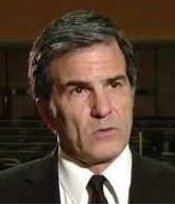
|
Scott Foster Scott Foster has been Director of UNECE's Sustainable Energy Division since 2011. With more than 35 years' experience in energy, Mr. Foster has worked extensively with governments, industry, and international organizations on energy policy, market design and regulation, and climate change strategies. Mr. Foster's particular focus recently has been assisting energy stakeholders address the critical challenges of sustainability, technology choice, and investment mobilization. Before founding Nomad Energy Consulting in 2004, Mr. Foster was VP of Global Regulatory Affairs with AES Corporation, Senior Director for Global Power with Cambridge Energy Research Associates (CERA), and Senior Expert on Electricity for the International Energy Agency. Mr. Foster holds a BA from Dartmouth College, an MS in Civil Engineering from Stanford University, and an MBA from UC Berkeley.
|
|
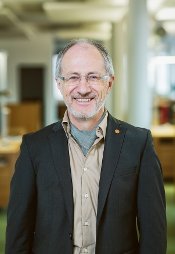
|
Helmut Krapmeier From 1990 until his retirement in the spring of 2016, Helmut Krapmeier worked as a researcher, speaker, presenter and lecturer promoting sustainable building concepts - above all the Passive House Standard - at the Energieinstitut Vorarlberg where he has left his mark on the institution itself as well as sustainable building in Vorarlberg. In 2016, he was honored with the Vorarlberg "Mitwelt- und Energiepreis" ("social environment und energy prize"), as a "committed personality who has devoted himself to the interests of nature and environmental protection for many years”.
|
|
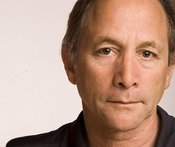
|
Lloyd Alter Lloyd Alter is design editor of TreeHugger. He has been an architect, developer, inventor and prefab promoter. He contributes to MNN.com, The Guardian, Azure and Corporate Knights magazines, and is Adjunct Professor teaching sustainable design at Ryerson University School of Interior Design. Lloyd is a Past President of the Architectural Conservancy of Ontario. In the course of his work developing small residential units and prefabs, Lloyd became convinced that we just use too much of everything- too much space, too much land, too much food, too much fuel, too much money, and that the key to sustainability is to simply use less. And, the key to happily using less is to design things better.
|
|
|
Ivonne Higuero Ms. Ivonne Higuero is the Director of the Forests, Land and Housing Division at the United Nations Economic Commission for Europe in Geneva. She provides overall management to the Division and ensures the effective and timely implementation of two programmes of work: Forestry and Timber and Housing and Land Management. Under Housing and Land Management, the main issues covered are access to affordable, healthy and decent housing and promoting energy efficient housing. Previously, at the United Nations Environment Programme Regional Office for Europe in Geneva from 2002-2014, Ms. Higuero was leading the development of the ecosystems management sub-programme at the regional office and was the UNEP Coordinator of the Pan European Biological and Landscape Diversity Strategy. From 1994 to 2002, Ms. Higuero held the post of Programme Officer at UNEP headquarters in Nairobi. Ms. Higuero holds a Bachelor of Science degree in biology from the University of Missouri (USA) and a Masters of Environmental Management degree in Natural Resource Economics and Policy from Duke University (USA). |
||
|
Credit: Umweltbundesamt/Andi Bruckner |
Jürgen Schneider Director of Sales at Environment Agency Austria Jürgen Schneider studied chemistry in Vienna where he also completed his diploma and doctorate studies. After working as a university assistant, Dr. Schneider began his work at the Environmental Bureau in the then department for air hygiene in 1994. From 2002 to 2004, Dr. Schneider worked as a project manager at the World Health Organization (WHO) in Bonn, Germany. He then returned to the Environmental Bureau to head the Department of Air Hygiene from 2004 to 2006. From 2007 to 2014, Dr. Schneider was Head of the Department of Economy & Efficiency at the Federal Environmental Agency. Today he is head of the sales department. |
Workshops
